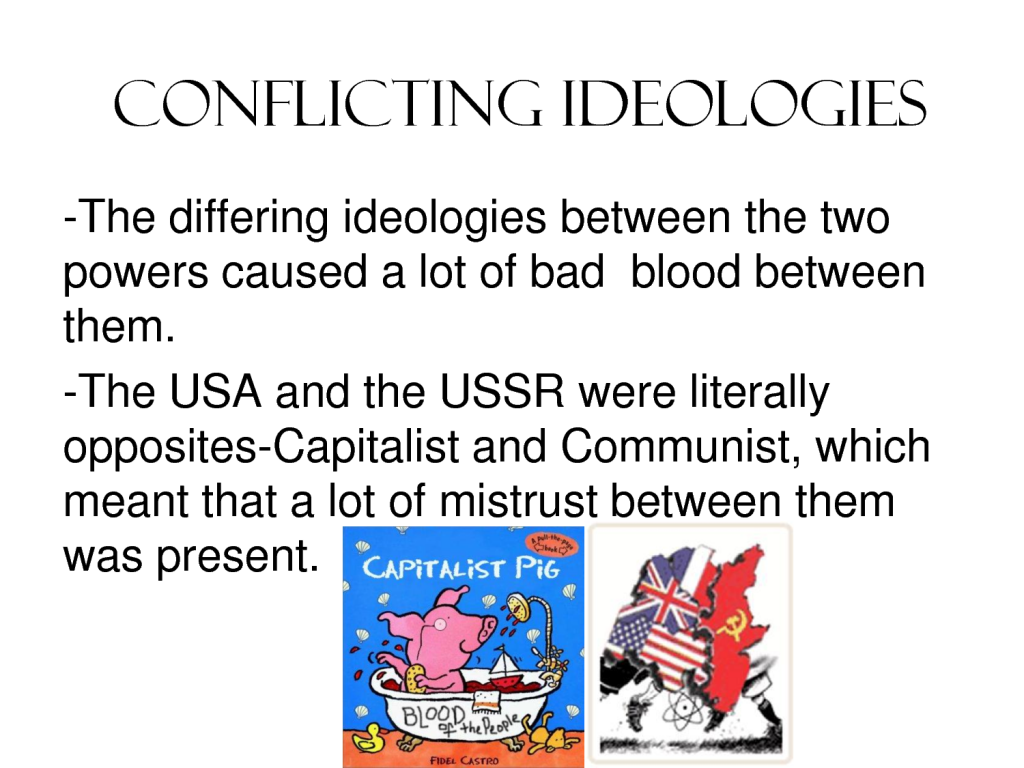I’ve been amazed at the hysterical rigidity of Western responses to President Putin’s Crimea intervention; accusations of Hitleresque moves that threaten the stability of Europe, and a crisis that could lead to World War Three.
But these are the ideologues at work – the people who think only of how they can profit from the approbation of their slice of the political spectrum. To people like this the actual facts and perspectives are irrelevant.
Unfortunately, judging from what Obama, Kerry and now Joe Biden are saying – and our William Hague, these people seem to have the ear of the US and UK governments. Hopefully this will change. As we’ve seen, some politicians have had to row back on their more over-the-top comments (Hilary Clinton had surprised me with her initial “Hitler” analogy, from which I’m pleased to see she withdrew).
The even more unfortunate effect of the West’s unsophisticated knee-jerk reactions to date, is to strengthen Putin in power, and to make it harder in the future to rationalise with him. His speech yesterday to the Duma made it very clear that he is no longer prepared to allow the USA to dictate to Russia in areas of specific Russian interest.
Yesterday I read a bizarrely ignorant would-be government policy wonk blog that said Putin’s challenge to the stability of international relations “we simply cannot allow to go unpunished”. Its author sarcastically suggested to me that as opposed to Russia’s ‘claim’ which dates from 1783, “Surely Crimea should be handed over to Turkey, then, given it once fell under their sphere of influence? Or Mongolia?”- as these historical claims are older.
People like me look at world events not from these entrenched political perspectives, but practically, from the perspectives of the people and governments involved. This is Russia’s backyard, so it’s hardly surprising that Putin is drawing a line here. I’ve indicated in a previous blog, how the USA does not tolerate similar uncertainties in its own backyard. USA’s geography makes it remarkably secure, especially compared with Russia. Nothing comparable has challenged the USA in modern times – except obviously the Cuban missile crisis.
And this is the level of Russian sensitivity.
Putin made a point in his speech yesterday, of saying that he would welcome Nato sailors to Sevastopol, but only as guests. This strategic port has enormous significance to Russian security. We the British have invaded it twice already; in the Crimean war, then in support of the White Russians during the Bolshevik revolution. This is significant in the Russian memory, as we rarely remember.
The Crimea is the gateway to southern Russia, so the prospect of Ukraine being a member of Nato is anathema to Russia. Putin also mentions in yesterday’s speech the US-Nato missile defence system as having been installed behind Russia’s back, taking no account of Russian sensitivities to what it sees as a threatening military deployment. And now, with US and some European leaders urging Nato action over Crimea (whatever that might be), Russia is even less likely to regard Nato as a purely defensive union of no threat to Russia.
And what can the West do, except cobble together sanctions that will unify Russian support for Putin, but achieve little else? If Russia is hurt by sanctions, she has plenty of reciprocal moves that will hurt Europe.
But worst of all, the West especially the USA has lost its credibility by huffing and puffing so ineffectually over this. The USA is not going to give Ukraine enough money to settle its huge debts; so unless Russia continues giving money to Ukraine, it will fold. Who will support it? And will Ukraine then decline into civil war?
The stakes could be very high, and on this occasion it’s not President Putin who is to blame. My military colleagues console themselves with the knowledge that the UK no longer has the capability to intervene were Cameron daft enough to join some nightmare US coalition to ‘peace keep’ in Ukraine.
My closest military colleagues, members of my first artillery unit – 8 Alma Commando Light Battery, each year remember the sacrifice of our forebears at the brutal battle for the heights above the river Alma against staunch and well disciplined Russian defenders. The Russians were greatly outnumbered and gunned, and eventually fell back to Sevastopol where they made the brave decision to sink their ships across the mouth of the harbour to prevent the allied ships from entering. Thus began, in 1854, the one-year siege of Sevastopol.
